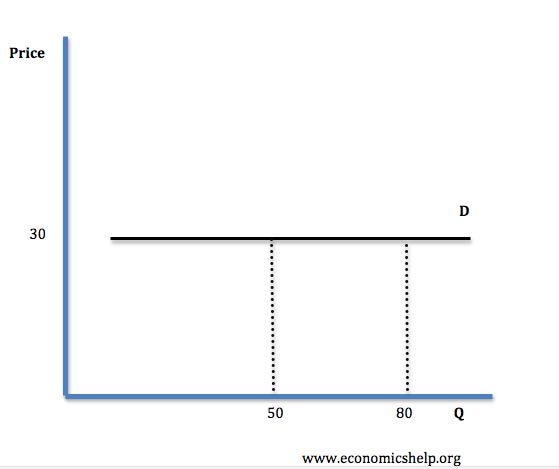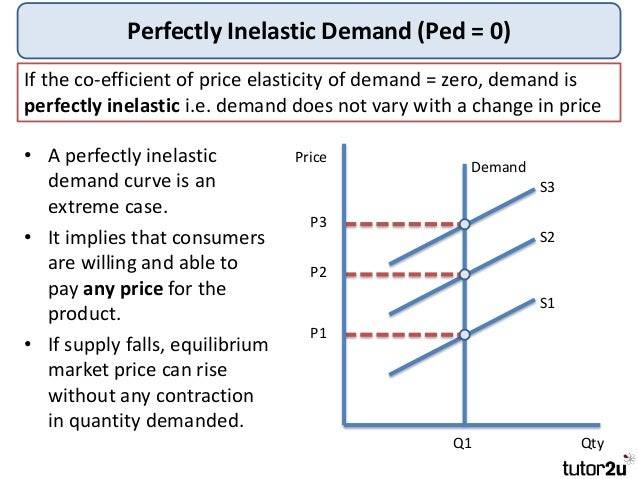oldsoul
Gold Member
This is why I said I would do as little as possible. What is the point? It would simply be taken anyway, or in the case of me doing/earning nothing, given, in part, to me because I have nothing. I would simply subsist on what I could grow, scavenge, hunt. I would simply "disappear" into the woods, only to "reappear" shortly before the "reset", so I could collect on someone else's' work.Actually you have unwittingly provided a great solution. You get bonus points for that. That was an excellent suggestion. We could reset the system every 20 years. for say a century. That way people could prepare for each reset and learn via reinforcement the way to break out of cycles of poverty. That would educate the maximum amount of people and those people could teach their kids how to prepare.
The point was to be able to help others and leave your children a legacy of how to acquire/grow wealth and how to give back to people less fortunate. No I wouldnt be better off working as little as possible because doing something constructive brings rewards apart from material gain. You gain in knowledge as well for example. I have never seen such a society. I doubt its even possible that you could create such a society as people naturally want to learn and do things.
People do not inherently want to do pointless and useless things. There is no reason to teach children how to "break out of poverty" if the system provides a mechanism of reset that ensures it. What they inevitably learn (knowledge) is to bide their time and wait for the next great reset. There would also naturally be LESS appeal in helping the needy, after all, they are eventually going to benefit the most from the reset and if they are needy it means they simply squandered their resources through their own choices. We both had an ice cream sandwich, you ate all of yours, why should I now give you half of mine?
We could reset the system every 20 years. for say a century.
The system would last no longer than 40 years. After the first reset, people would learn that it's pointless to gain wealth. That it is FAR better to not gain wealth, enjoy your time relaxing and waiting for the next redistribution where all of your wealth will again be restored through no effort on your part. It would become "the norm" to skim by doing as little as possible because, what is the point of gaining wealth that will be confiscated and redistributed? If anyone did manage to gain wealth, they would be foolish to hold on to their wealth until the redistribution. They would start spending their wealth on anything they could think of before the reset. The "objective" in such a system would be to have NO wealth when reset time came. Another bizarre point in time would come just before the reset when it would be virtually impossible to spend your wealth because no one would want to gain your wealth.


